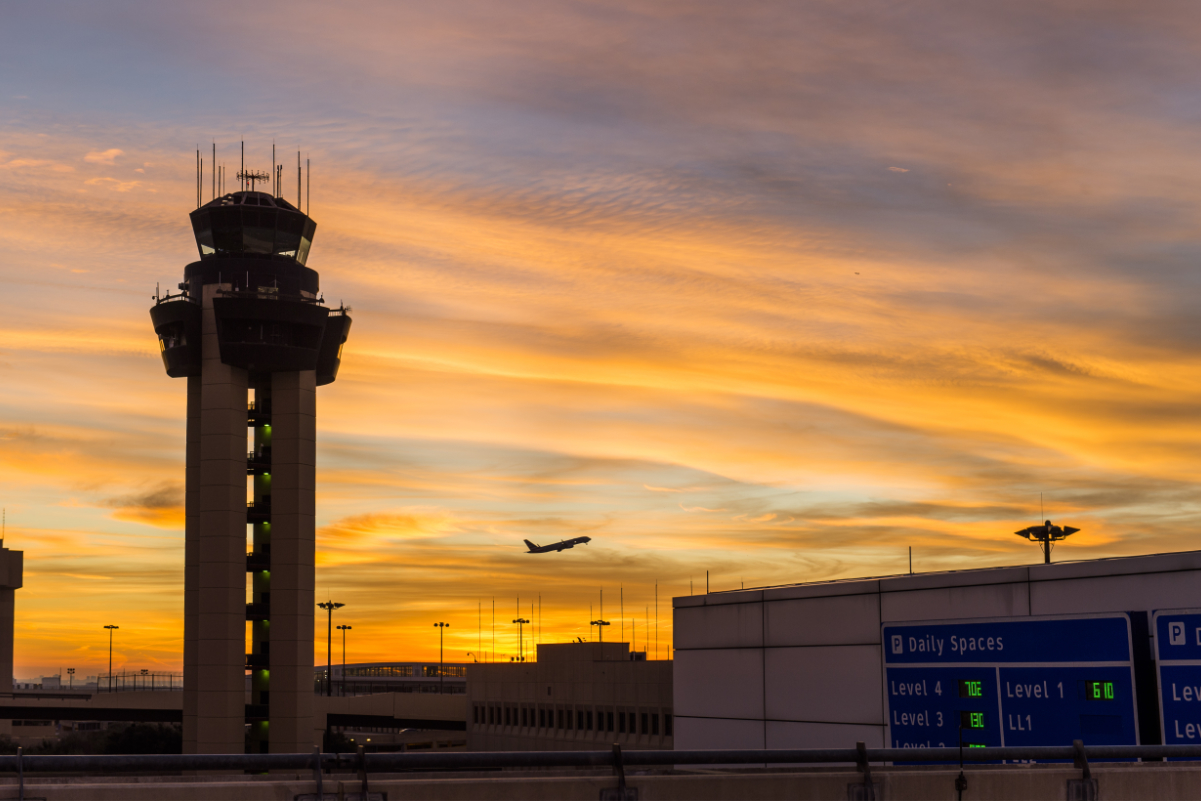Sabre May Not Regain Pre-Pandemic Financial Levels Until 2025

Skift Take
The dream of a return to 2019 levels of profitability looks like a long-haul journey for Sabre, the travel technology company that helps airlines and hotels manage their distribution. The Southlake, Texas-based company said on Tuesday in an earnings report that it would take years to regain its pre-pandemic financial performance, partly due to a slow snapback of business travel and partly due to technology investments to stay agile.
"By 2025, we expect to exceed pre-Covid-19 levels for adjusted EBITDA [earnings before interest, taxation, depreciation, and amortization, or a measure of profit], Adjusted EBITDA margin, operating income, and free cash flow," said Sabre CEO Sean Menke.
In its most optimistic scenario for 2022, Sabre will process travel bookings — which skew toward corporate travel and international trips — at 70 percent of 2019 levels. Under that scenario, the company forecasted on Tuesday it would deliver revenue of at least $2.8 b

